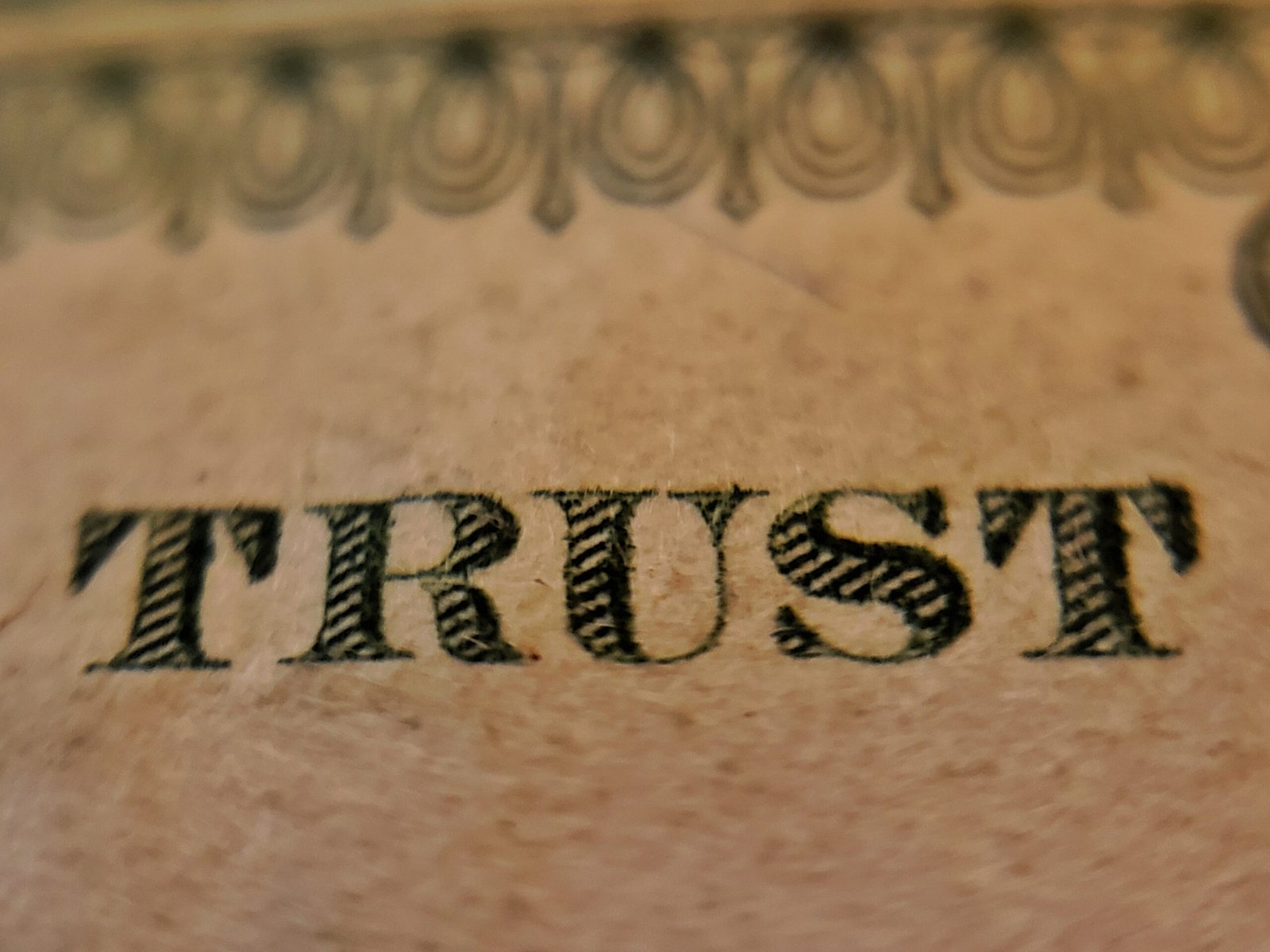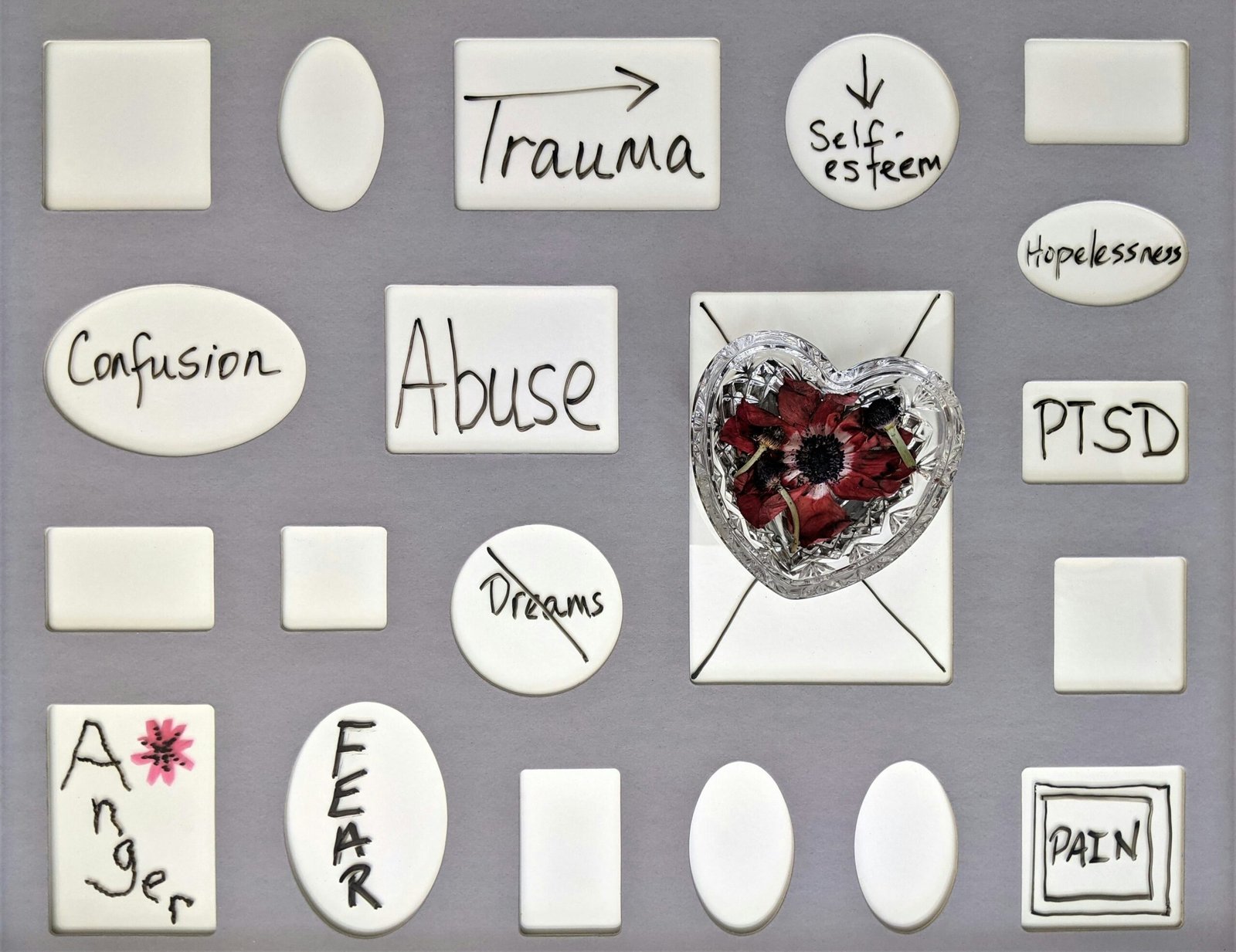Introduction
Discovering betrayal in a relationship can be one of the most painful experiences one can endure. Whether it’s infidelity, lies, or broken trust, the wounds can run deep. However, forgiveness is possible, and it is an essential step towards healing and moving forward. In this blog post, we will explore practical steps on how to forgive betrayal and provide insights into the current trends surrounding this topic.
Understanding Betrayal
Before delving into forgiveness, it’s important to acknowledge the impact of betrayal. Betrayal can shatter the foundation of trust, leaving individuals feeling hurt, angry, and betrayed. It is a complex emotion that requires time and effort to overcome.
The Healing Process
Forgiving betrayal is a journey that varies from person to person. Here are some steps that can guide you towards healing:
- Allow Yourself to Feel: It’s natural to experience a range of emotions after betrayal. Give yourself permission to feel anger, sadness, and disappointment. Acknowledge these emotions and allow yourself to process them.
- Seek Support: Reach out to trusted friends, family, or a therapist who can provide a safe space for you to express your feelings. Surrounding yourself with supportive individuals can help you navigate the healing process.
- Practice Self-Care: Take care of your physical and emotional well-being. Engage in activities that bring you joy and help you relax. This may include exercise, meditation, or pursuing hobbies that make you feel good.
- Set Boundaries: Establishing clear boundaries is essential for rebuilding trust. Communicate your needs and expectations to your partner or the person who betrayed you. Consistency in upholding these boundaries is crucial.
- Focus on Communication: Open and honest communication is key to rebuilding trust. Express your feelings and concerns, and listen actively to the other person’s perspective. Effective communication can help foster understanding and facilitate healing.
- Practice Empathy: While forgiveness may seem challenging, practicing empathy can help you understand the motivations behind the betrayal. This does not excuse the behavior but can provide insight into the complexities of human nature.
- Let Go of Resentment: Holding onto resentment only prolongs the healing process. Release negative emotions and focus on the present moment. Forgiveness is a gift you give yourself, freeing you from the burden of anger and resentment.
- Work on Rebuilding Trust: Rebuilding trust takes time and consistent effort from both parties involved. It requires open communication, transparency, and a commitment to change. Be patient and allow trust to develop gradually.
- Seek Professional Help: If the wounds of betrayal are deep and the healing process feels overwhelming, seeking professional help can provide additional guidance and support.
- Embrace Personal Growth: Use the experience of betrayal as an opportunity for personal growth. Reflect on the lessons learned, identify areas for self-improvement, and focus on building a stronger, more resilient version of yourself.
Frequently Asked Questions (FAQs)
Q: Is forgiveness necessary for healing after betrayal?
A: Forgiveness is a personal choice, but it plays a crucial role in the healing process. Holding onto anger and resentment can hinder personal growth and prevent true healing.
Q: How long does it take to forgive betrayal?
A: The timeline for forgiveness varies for each individual. It can take weeks, months, or even years. Give yourself the time you need to heal and forgive at your own pace.
Q: Can a relationship survive after betrayal?
A: Rebuilding a relationship after betrayal is possible but requires commitment, effort, and a willingness to work through the pain together. It is a challenging journey that requires open communication and a shared desire for growth.
Q: What if I can’t forgive?
A: Forgiveness is a personal process, and it’s okay if you’re not ready to forgive immediately. Focus on your own healing and seek support to navigate your emotions.
Q: How do I know if I’ve truly forgiven?
A: Forgiveness is a gradual process, and it may not happen overnight. When you can genuinely wish the person who betrayed you well and no longer feel consumed by negative emotions, you are on the path to forgiveness.
Q: Can forgiveness be revoked?
A: Forgiveness is a choice, and it can be a journey of ups and downs. There may be moments when old wounds resurface, but with continued effort and self-reflection, forgiveness can be reaffirmed.
Q: Can forgiveness lead to reconciliation?
A: Forgiveness and reconciliation are separate processes. While forgiveness is essential for personal healing, reconciliation depends on the willingness and effort of both parties involved.
Q: How can I rebuild trust after betrayal?
A: Rebuilding trust requires consistent actions, transparency, and open communication. It is a gradual process that requires both parties to be committed to change and growth.
Q: Can forgiveness prevent future betrayals?
A: Forgiveness alone cannot guarantee that future betrayals will not occur. However, it can create a foundation for open communication, trust, and growth, which can minimize the likelihood of future betrayals.
Q: What are some tips for forgiving betrayal?
A: Here are a few additional tips to aid in the forgiveness process:
- Practice self-compassion and self-forgiveness.
- Focus on the present moment rather than dwelling on the past.
- Engage in forgiveness exercises, such as writing a forgiveness letter (even if you don’t send it).
- Seek professional help, such as therapy or counseling, to navigate complex emotions.
Conclusion
Forgiving betrayal is a challenging but necessary step towards healing and moving forward. By following these steps and embracing forgiveness, you can release the burden of anger and resentment, allowing space for personal growth and the possibility of rebuilding trust. Remember, forgiveness is a gift you give yourself, ultimately leading to a happier and more fulfilling life.
Call to Action
If you found this blog post helpful, please share it with others who may benefit from these insights. Together, we can support one another in our journey towards forgiveness and healing.









